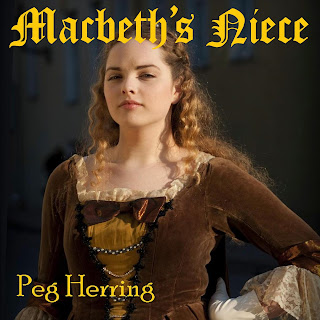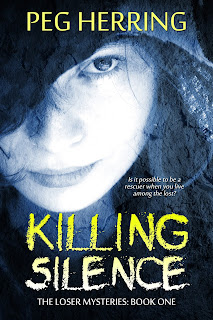People Ask Cool Questions #2

My first release, now in audio: Macbeth's Niece This month I'm answering questions I often get at personal appearances. Today's question is "How long does it take to write a book?" That's a little like "How many angels can dance on the head of a pin?" It's part practical, part philosophical, and mostly unanswerable. We all know authors who take years to write a book. Some of them are quite self-righteous about it, copping a "you can't rush genius" attitude. I'm no genius, so I can't say if that's true. I've noticed, however, that the rest of us are writing as fast as we can, and while it used to take two years minimum to get a new book out, most publishers are fine these days with more than one a year. That can lead to some loss of quality, and readers with an editor's eye bemoan the modern tendency to rush to get a book out. Still those same readers go on Facebook or Goodreads and wonder when Author X is




